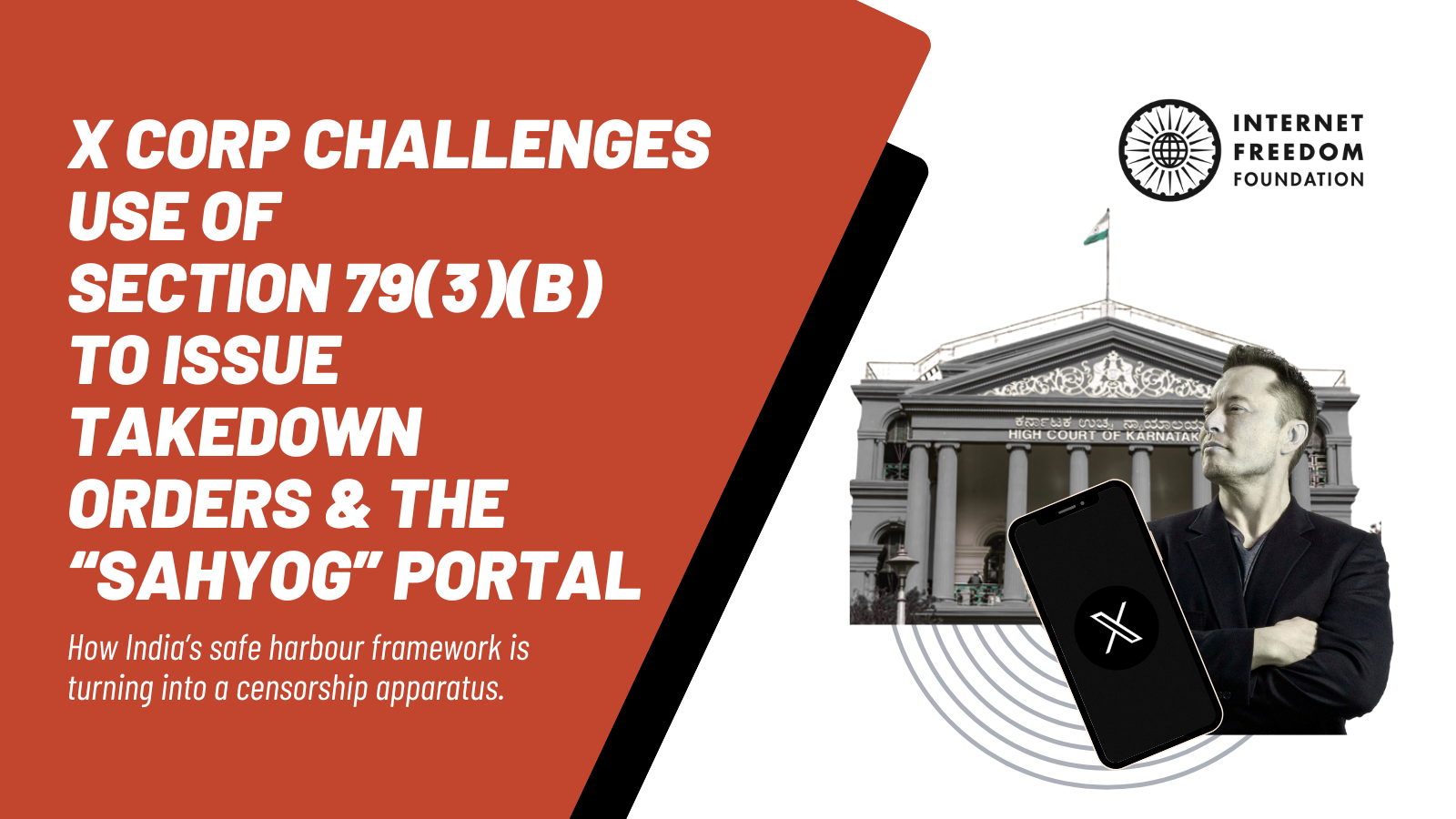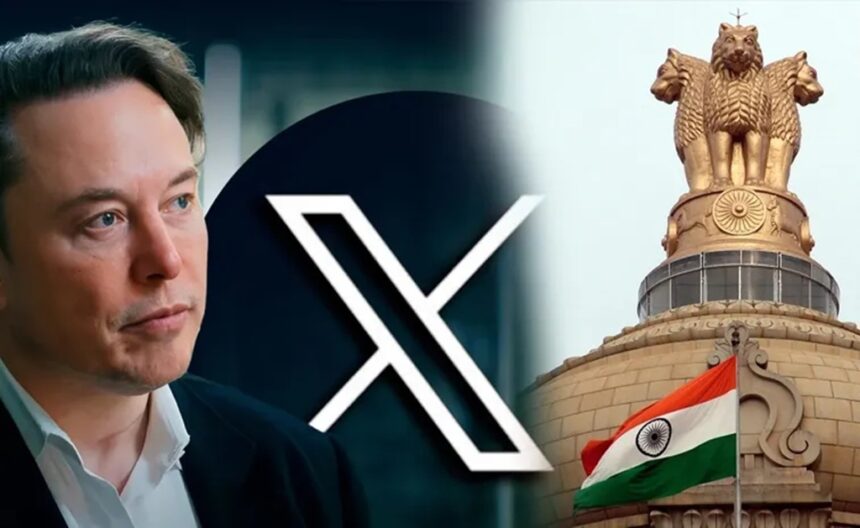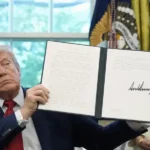Elon Musk’s social media platform, X, has taken legal action against the Indian government, accusing it of misusing laws to censor content. An Indian court is expected to review the case, which challenges Prime Minister Narendra Modi’s administration over its handling of online platforms.
Last month, X filed a lawsuit arguing that the government’s new website, Sahyog, launched by the federal home ministry, is being used to expand censorship powers. X claims Sahyog allows officials to issue takedown orders that violate Indian digital laws.
The company has refused to join the portal, referring to it as a “censorship tool.”
The Indian government defends Sahyog, stating it helps manage harmful online content. Other tech giants like Amazon, Google, and Meta have already partnered with the platform. Sahyog automates the process of sending government notices to platforms like X and Facebook.
The legal dispute escalated after the federal railway ministry instructed X to remove hundreds of posts, including videos related to a deadly crush at a Delhi railway station during the Kumbh Mela religious gathering. Eighteen people lost their lives in the incident.
X argues in its petition that Sahyog and the related takedown orders overstep the boundaries of India’s original law governing online content blocking. The law requires officials to follow specific procedures, such as issuing notices, holding hearings, and allowing decisions to be reviewed.

According to X, government officials are bypassing these safeguards, enabling “tens of thousands” of officers, including local police, to issue arbitrary orders. The company claims this practice undermines the rule of law.
While the Indian federal IT and home ministries declined to comment, the government has defended its actions in court, maintaining that it issues “notices” rather than binding blocking orders. Officials argue that Sahyog is necessary to handle the rising volume of harmful content online.
Digital rights organisations, such as the Internet Freedom Foundation, have expressed concern over the portal’s impact, calling it a major step toward increasing online censorship.
This isn’t the first clash between X and the Indian government. In 2021, Delhi police raided X’s offices (then Twitter) after it flagged a ruling party spokesperson’s post as “manipulated media.” A year later, the company faced fines after losing a similar legal battle over content removal tied to farmers’ protests against new agricultural laws.
Under Musk’s leadership, X has appealed that decision, which is still being heard in Karnataka’s court system.
The timing of this lawsuit is notable, as Musk’s other ventures—Starlink and Tesla—are making moves into India. In March, Starlink partnered with major Indian telecom companies to bring satellite internet to the country, pending government approval.
Tesla has also begun hiring for roles in Delhi and Mumbai and is reportedly scouting showroom locations in both cities.
Musk recently met with Prime Minister Modi during the latter’s visit to the U.S., adding fuel to speculation about his growing ties to India. Michael Kugelman, from the Wilson Centre’s South Asia Institute, suggests Musk’s business interests and international influence give him room to challenge the Indian government without jeopardizing his ventures.
This case could have significant implications for how tech companies navigate India’s regulatory environment moving forward.
Related News:
Musk Claims X Being Targeted in ‘Massive Cyberattack’

Geoff Thomas is an award winning journalist known for his sharp insights and no-nonsense reporting style. Over the years he has worked for Reuters and the Canadian Press covering everything from political scandals to human interest stories. He brings a clear and direct approach to his work.














